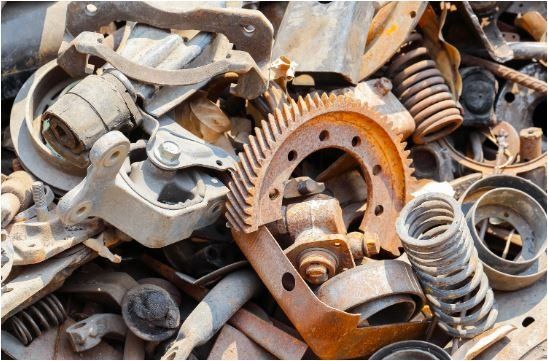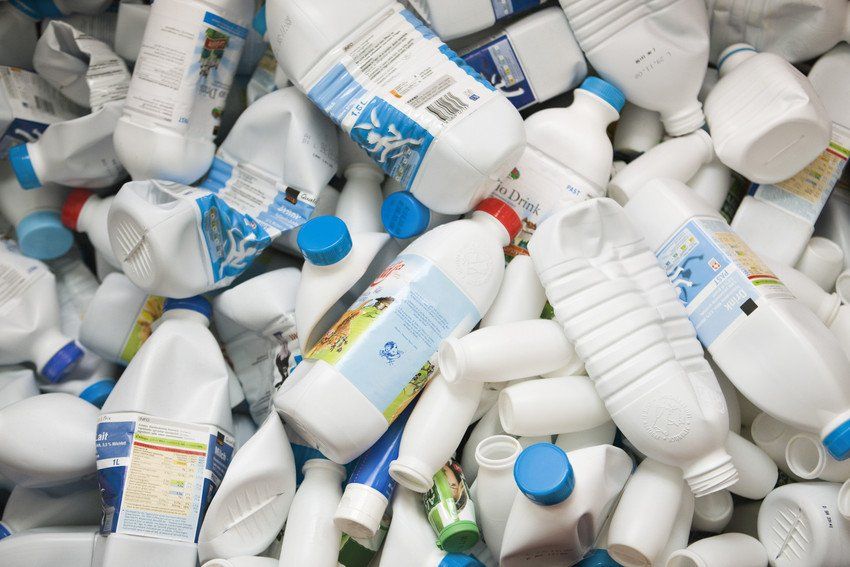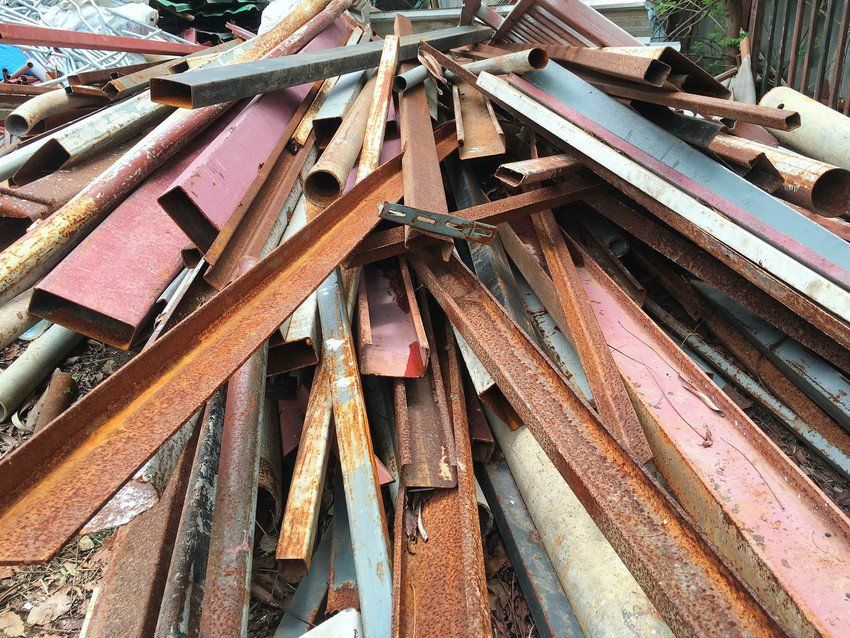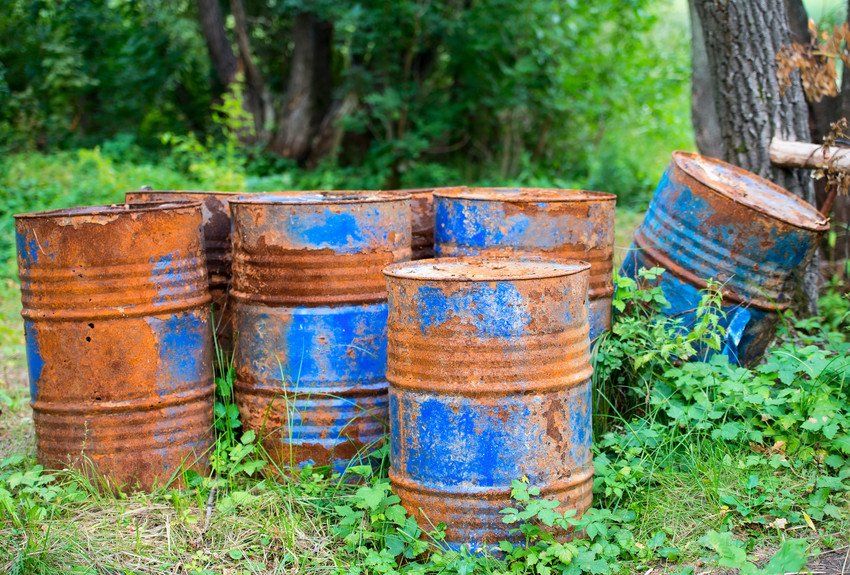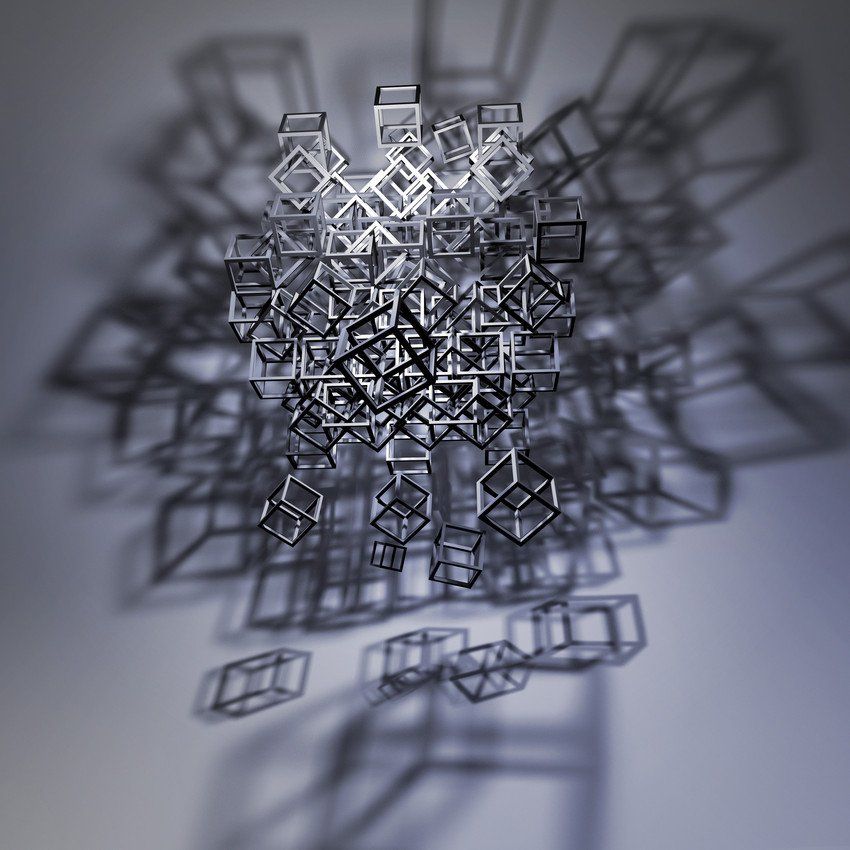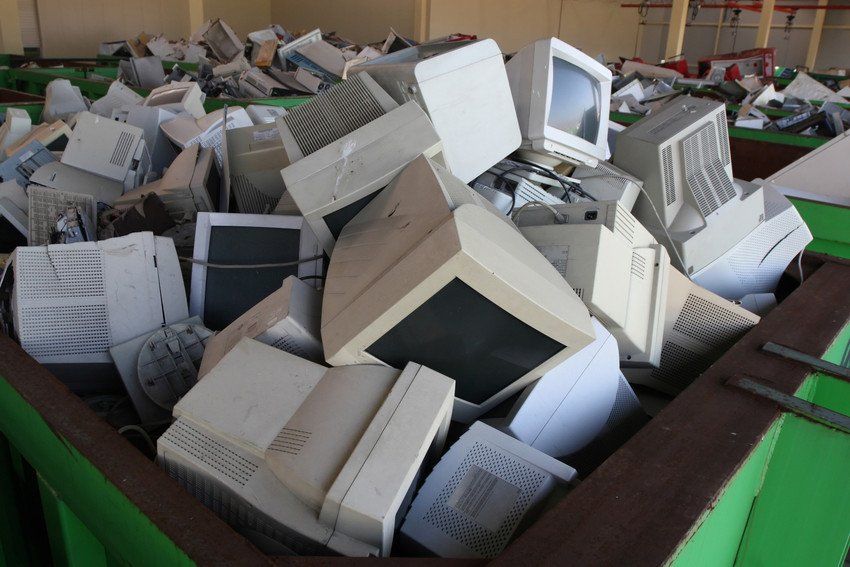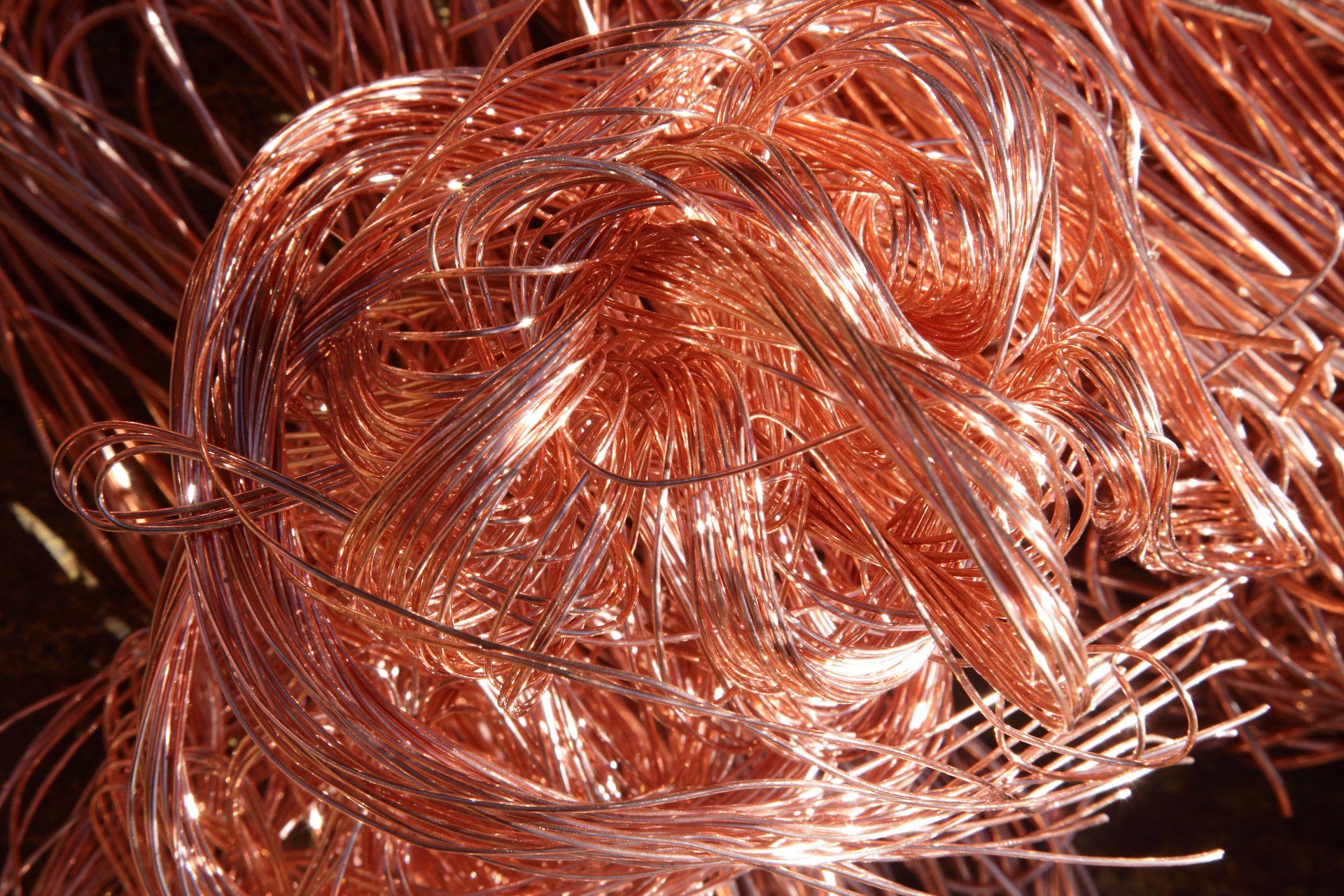Ferrous vs. Non-Ferrous Metals and How They Work for Recycling
Metals can be divided into two main categories, ferrous and non-ferrous. While both types may be recycled, they do have very different uses and strengths.
What Are Ferrous Metals?
Metals in the ferrous group usually contain iron. They are magnetic, so you can test them by using a magnet to see if it sticks. The downfall of this type of metal is that it corrodes rapidly, forming rust that eats away at the metal and erodes it. The corrosion can be stopped with special treatments.
Ferrous metals include iron, of course, but also cast iron, titanium, stainless steel, and steel. While stainless steel may not corrode like the others, it is still susceptible.
What Are Non-Ferrous Metals?
Non-ferrous metals are other types of metals that are not magnetic. They include things like lead, aluminium, tin, and nickel. However, other, rarer metals also belong to the non-ferrous group, such as gold and silver, mercury and cobalt, among others.
These are frequently turned into food containers or coins, as well as wires and electronics, depending on the type of metal. Of course, lead is rarely used now and is not eligible for recycling in most areas.
Which Metals Cannot Be Recycled?
Any type of metal that is contaminated with toxins is not able to be recycled. For example:
● Paint cans
● Mercury containers
● Badly rusted ferrous scrap
● Gas tanks
● Motor oil cans
● Uranium
In some cases, iron or other ferrous metals are too badly corroded to be usable. This makes it less likely that they’ll fetch a good price while you’re selling this type of scrap. It’s best to protect it from the elements and excessive humidity to prevent this issue.
Where Does Scrap Metal Come From?
You may simply want to get rid of an old car that has been sitting in the garage for a while or recycle all your cans. However, if you work on a construction site or have a junkyard, you will need more than a mere mini skip to handle all the scrap metal. It can be pulled from demolition sites and destroyed vehicles, as well as old appliances that are no longer useful.
If you’re not sure your scrap metal can be recycled, talk to
Broughshire Waste Metals to clarify. We can help you determine what is the best course of action for your metal scrap.
